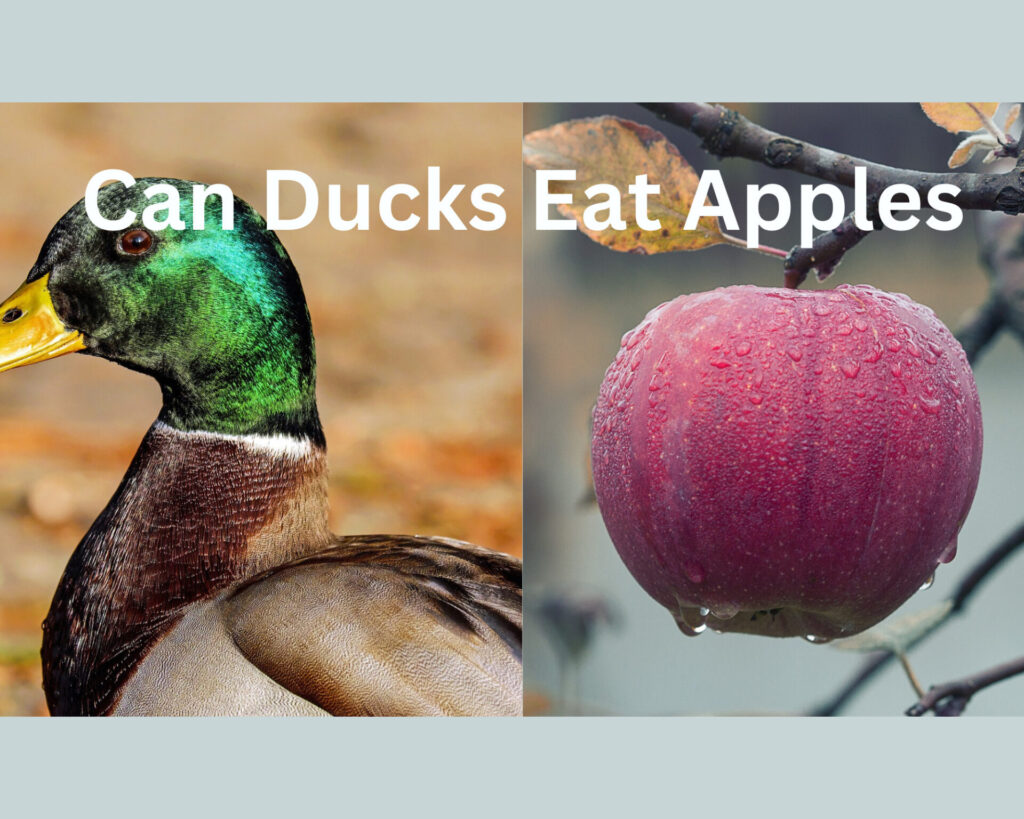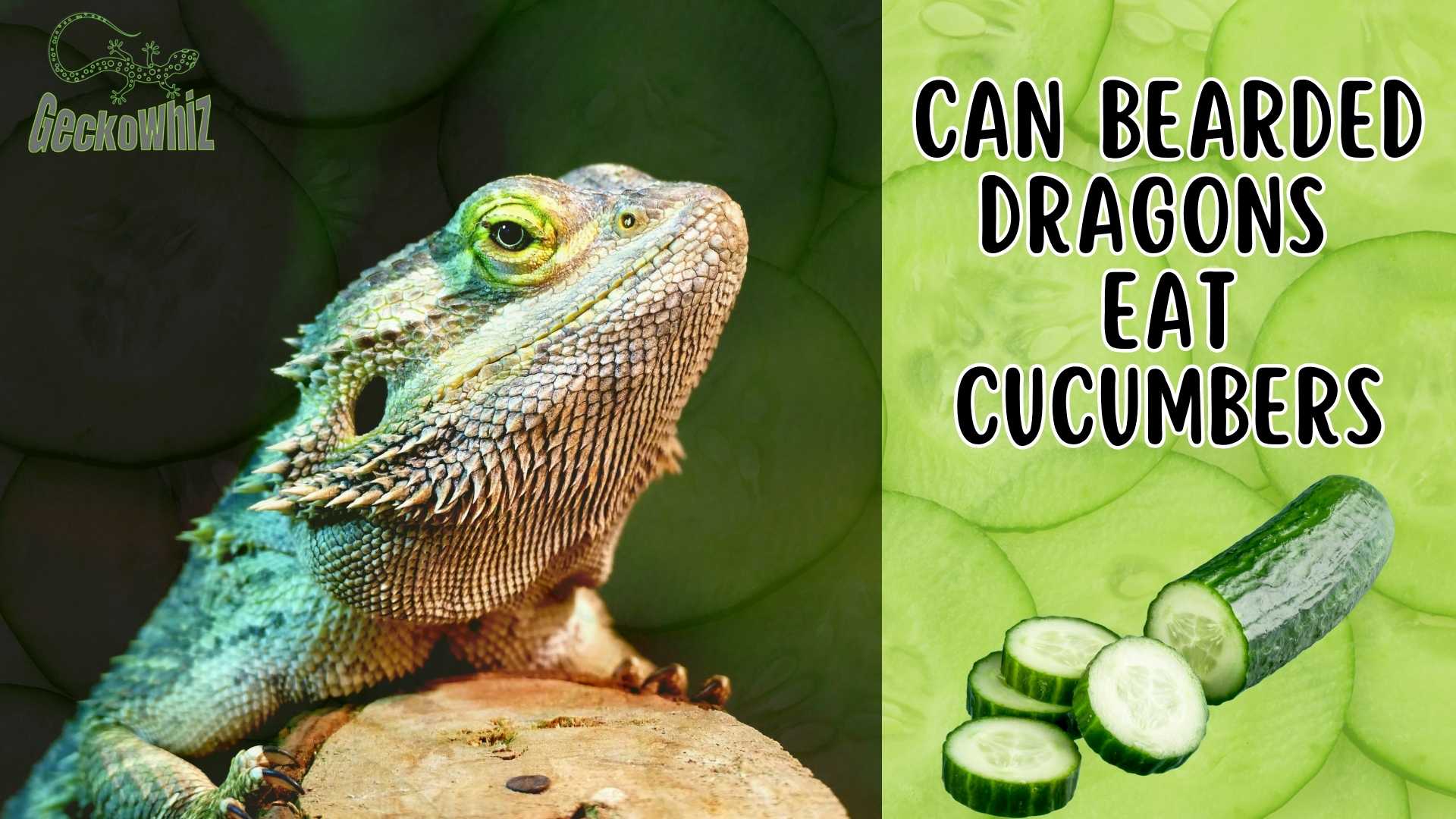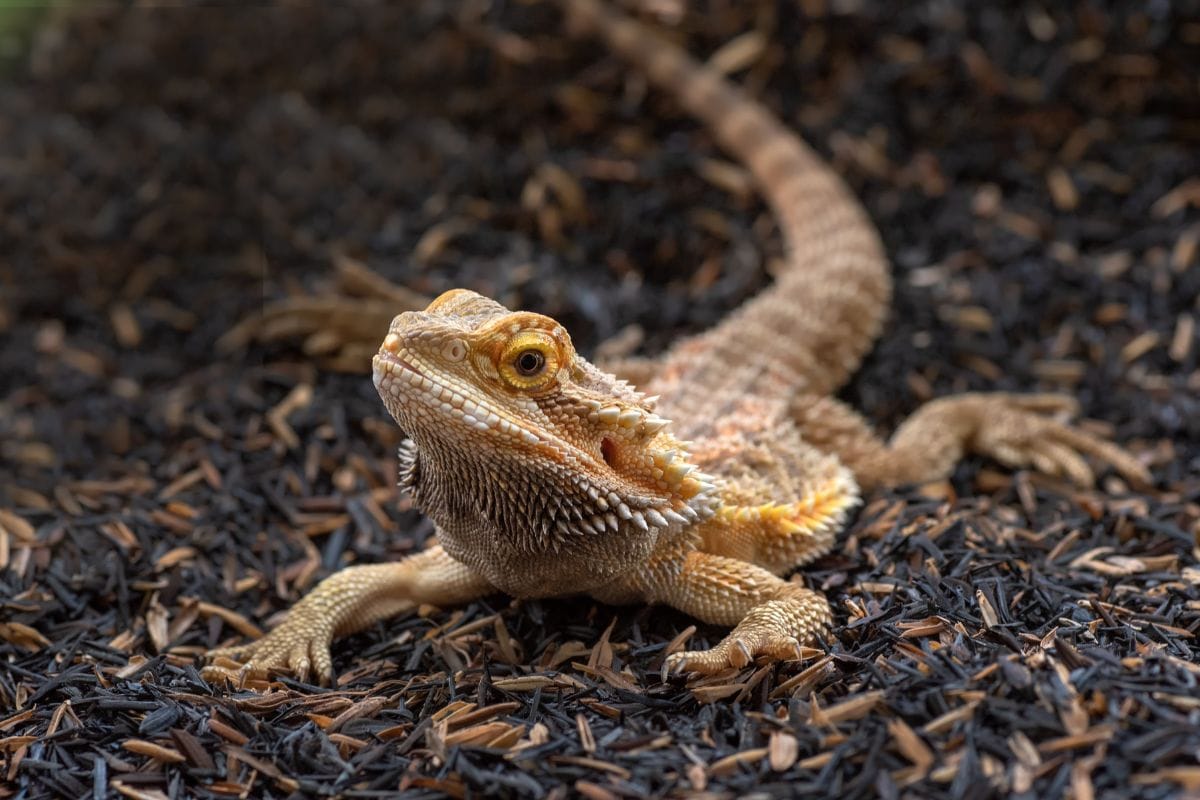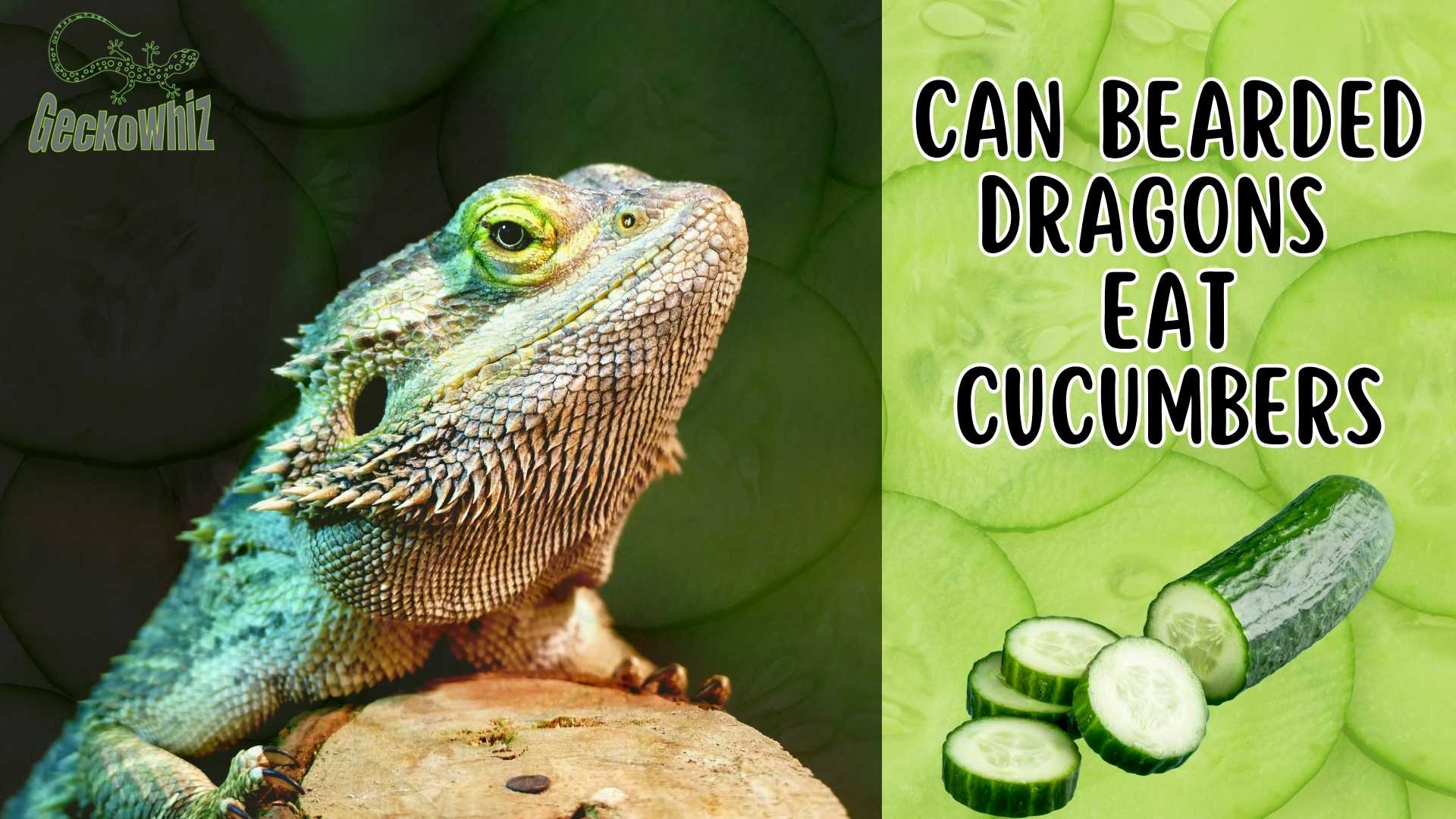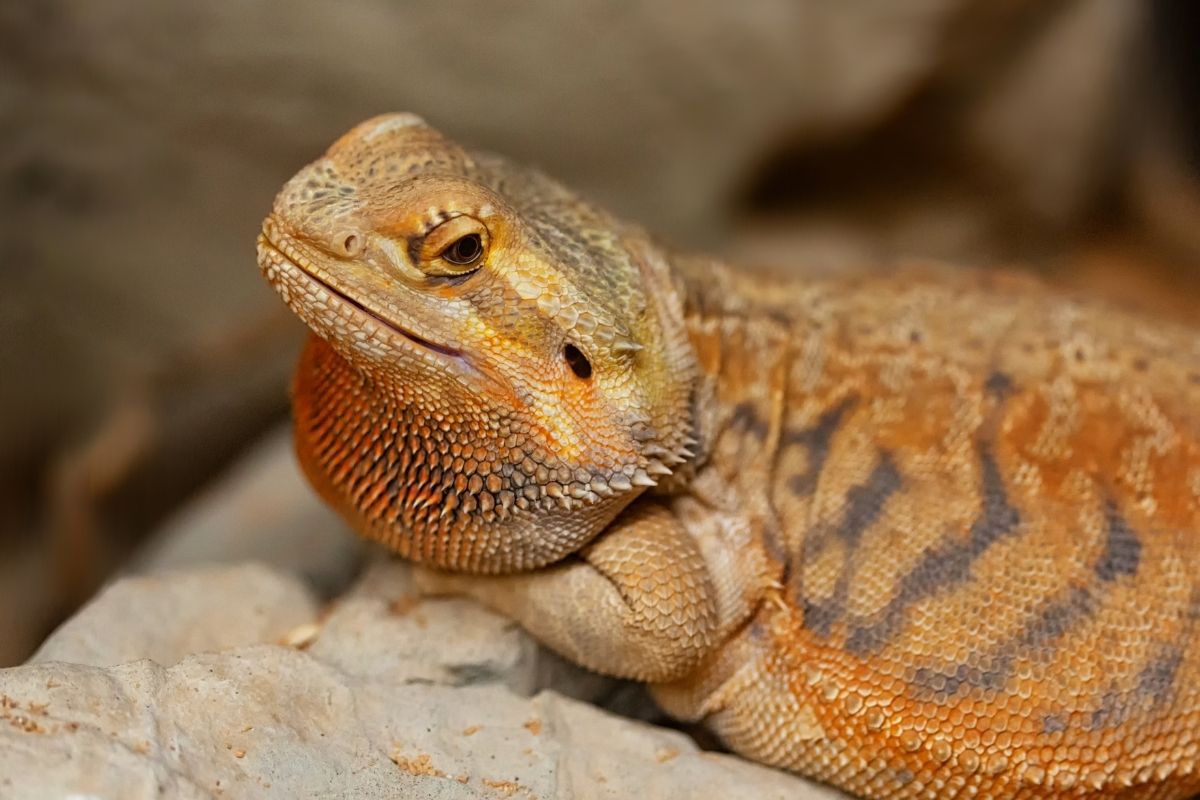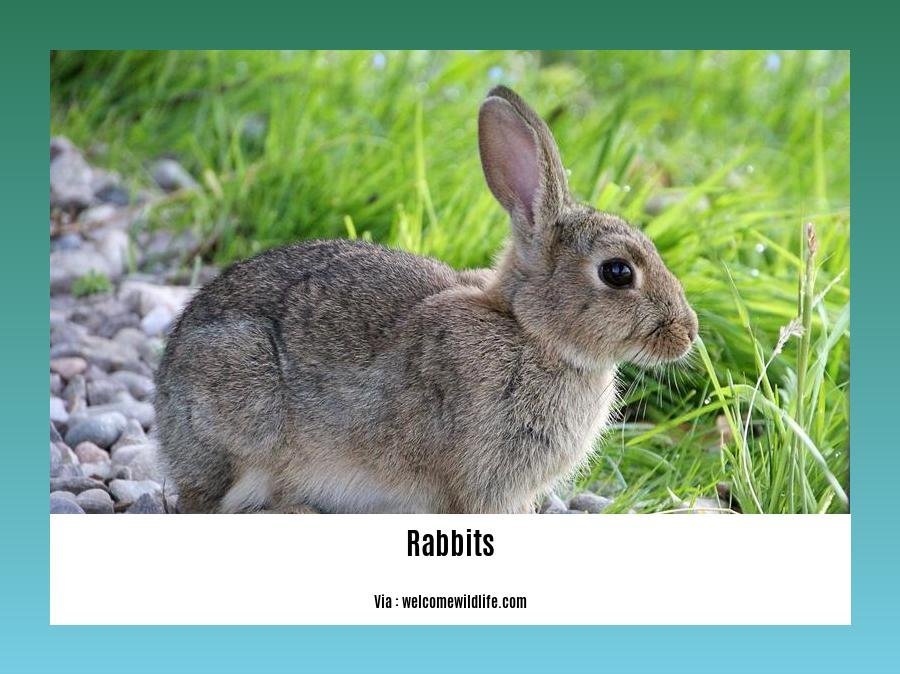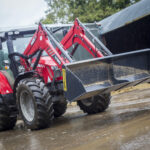So, you’re wondering if your bearded dragon can enjoy a crisp slice of apple? It’s a common question, and the answer is a cautious “yes, but…”. While apples aren’t toxic to beardies, they shouldn’t be a regular part of their diet. This comprehensive guide will walk you through everything you need to know about safely offering apples to your bearded dragon, including preparation, serving sizes, and healthier alternatives. We’ll also debunk some common myths about apples and bearded dragon nutrition.
Understanding the Risks and Benefits of Apples for Beardies
Apples offer a bit of hydration and some vitamins like Vitamin C. However, their high sugar content and unfavorable calcium-to-phosphorus ratio present significant drawbacks for bearded dragons. Too much sugar can disrupt their digestive system, potentially leading to diarrhea. Long-term, excess sugar may contribute to obesity and metabolic bone disease (MBD), a serious condition affecting bone health. Additionally, the imbalance of calcium and phosphorus can interfere with calcium absorption, further increasing the risk of MBD.
Preparing Apples for Your Bearded Dragon: A Step-by-Step Guide
If you choose to offer your beardie a taste of apple, proper preparation is paramount. Never give them a whole or unpeeled piece. Follow these essential steps:
- Wash Thoroughly: Rinse the apple under running water to remove any pesticide residues.
- Peel and Core: Remove the skin and core completely. The skin can be difficult to digest and may contain pesticides. The core and seeds contain trace amounts of cyanide, which is best avoided entirely.
- Dice into Tiny Bites: Cut the apple into minuscule pieces, about the size of a pinky nail clipping, especially for young dragons. This minimizes the risk of choking and aids digestion.
Serving Size and Frequency: Moderation is Key
Even when prepared correctly, apples should be a rare treat, not a staple food. A good guideline is to offer no more than a few small, bite-sized pieces about once a week.
- Adult Dragons: A sliver, roughly 1/16th of an apple, cut into 4-5 even smaller pieces, is the maximum.
- Baby Dragons: Their systems are even more sensitive to sugar. Offer just 1-2 tiny pieces, if any.
Beyond Apples: Healthier Snack Alternatives
While an occasional, properly prepared apple sliver likely won’t harm your bearded dragon, prioritize nutrient-rich foods that form the foundation of a healthy diet. Insects, particularly for juveniles, provide essential protein and other nutrients. Leafy greens should be a daily staple, and other safe fruits and vegetables are far better treat choices than apples.
Here’s a comparison table of healthier alternatives:
| Food | Nutritional Value | Frequency |
|---|---|---|
| Insects | High in protein; provide essential nutrients | Daily (juveniles), Several times a week (adults) |
| Leafy Greens | Packed with vitamins and minerals | Daily |
| Other Safe Fruits (e.g., blueberries, melon) | Good source of vitamins and hydration | Occasional |
| Vegetables (e.g., squash, bell peppers) | Variety of vitamins and minerals | Several times a week |
Curious about whether your bunny can also enjoy some healthy snacks? Discover the details on can rabbits eat brussel sprouts.
Debunking Apple Myths and Addressing Common Concerns
Is a red apple better than a green apple for bearded dragons? The nutritional difference is negligible in this context. The key is extreme moderation, regardless of the apple variety. Another misconception is adding apple juice to their water. This adds unnecessary sugar and provides no significant benefits over fresh, clean water. Current research suggests that adequate hydration is more crucial for their overall health than the minor vitamins present in apple juice.
Toxic Foods to Avoid: A Bearded Dragon’s “Do Not Eat” List
While apples in moderation can be acceptable, some foods are strictly off-limits for bearded dragons. These include:
- Apple Seeds and Peels: Contain cyanide.
- Citrus Fruits (oranges, lemons, limes, etc.): Too acidic.
- Avocado: Contains persin, a toxin harmful to reptiles.
- Rhubarb: Contains oxalates, which interfere with calcium absorption.
- Onions, Garlic, Chives, Leeks: Can cause anemia.
- Fireflies/Lightning Bugs: Highly toxic and potentially fatal.
Signs of Potential Toxicity: When to Contact a Vet
If your bearded dragon accidentally ingests something toxic, watch for these signs:
- Lethargy (unusual tiredness)
- Loss of appetite
- Vomiting or diarrhea
- Tremors (shaking)
If you observe any of these symptoms, contact a reptile veterinarian immediately.
Ongoing Research and Evolving Knowledge
Our understanding of bearded dragon nutrition continues to evolve. While the current consensus suggests that apples are acceptable in extreme moderation, ongoing research may provide further insights. Stay informed about the latest findings to ensure you’re providing the best possible care for your scaled companion!
- HelpCare Plus: Revolutionizing Affordable and Accessible Healthcare - December 29, 2024
- Boom & Bucket: Your Digital Marketplace for Used Heavy Equipment - December 28, 2024
- Ankle Bones Crossword Clue: Solutions, Tips & Anatomical Insights - December 28, 2024
